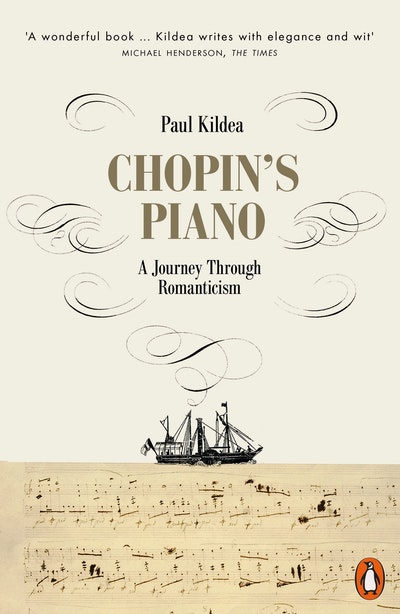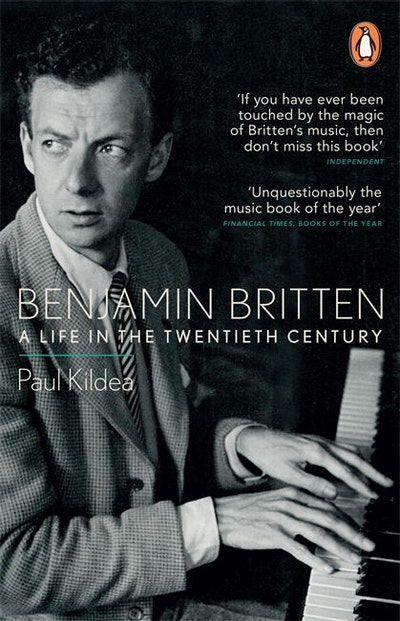- Published: 6 August 2019
- ISBN: 9780141980560
- Imprint: Penguin Press
- Format: Paperback
- Pages: 368
- RRP: $26.99
Chopin's Piano
A Journey through Romanticism
- Published: 6 August 2019
- ISBN: 9780141980560
- Imprint: Penguin Press
- Format: Paperback
- Pages: 368
- RRP: $26.99
A wonderful book about music, musicians, cultural similarities and differences, the blood and gore of revolutionary times and the compensations of high art. Kildea writes with elegance and wit, and displays the kind of scholarship that does not come from simply mugging up on a few books. ... A book that will, amongst other things, send the reader back with fresh ears to the delightful, tormented Pole, and hear the music he composed on a borrowed piano in a monastery cell in Mallorca one terrible winter
Michael Henderson, The Times
Chopin's Piano takes the motif of this piano - "Out of date before it was completed"; its maker Juan Bauza unknown and possibly an amateur - and uses it to tie together various narrative strands in an original, constantly interesting format. As it does it tells the story of Chopin's work, the development of piano making, and how music became inextricably linked to atrocities in the 20th century.
Jonathan McAloon, Financial Times
An episodic, picaresque tale, woven confidently - at times even pacily - by Kildea. He writes knowledgeably and approachably about music and sympathetically about his cast of characters. It is the story of an obsession, but it manages not to feel obsessional. ... I enjoyed it very much.
Alan Rusbridger, Spectator




